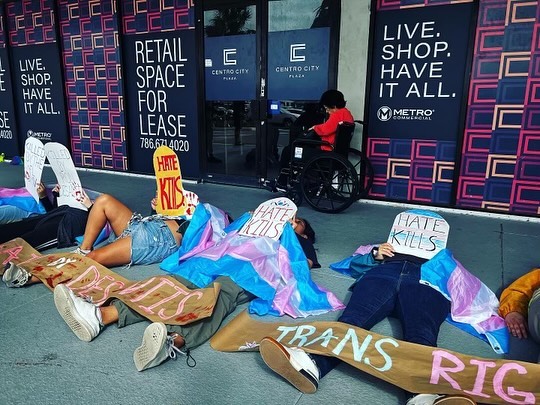Florida to Ban Gender Studies and Critical Race Theory in Colleges and Universities

Florida is seeking to pass a bill which will prohibit students at public state universities from majoring in an array of academic studies including but not limited to Critical Race Theory, Ethnic Studies, Feminist Theory, Gender Theory, Queer Theory, and Social Justice.
“The fields that are being threatened are fields that challenge the status quo, and these are well-established, respected disciplines,” says Irene Mulvey, president of the American Association of University Professors. “They enrich academia. They enrich our civilization, but they’re being dragged into the culture wars now. And I feel like these bills are an attempt by people in power to maintain the status quo… at the expense of a free and open democratic society.”
Florida House Bill 999 may also threaten the existence of sororities, fraternities, and other school-affiliated clubs which cater to students of color. If enacted, as legislated by the Florida House’s Education and Employment Committee, House Bill 999 will be put into effect on July 1. This bill is one of a recent series of Florida bills which attempt to limit what students can learn about race, gender, sexuality, and their respective historical inequalities. Though typically targeting K-12 schools, many of these new education gag orders focus on higher education according to PEN America’s research.
“Most of us understood that what was happening in K-12 was going to find its way to higher ed,” Mulvey says. “It’s extremely concerning because the difference between K-12 and higher education is that in colleges and universities, students and faculty are free to follow their interests wherever they lead. That’s what makes American higher education globally preeminent. This system of higher education where robust academic freedom is enforced by disciplinary norms and professional standards and peer review is what makes higher education a driver of the economy and has given us great breakthroughs.”
Critics of the bill warn that it would have dangerous unintended side-effects such as placing the tenure status of public university faculty in the hands of political appointees. This would severely lessen job protections for tenured staff. But critics are also optimistic that the legislation would be struck down as unconstitutional.










